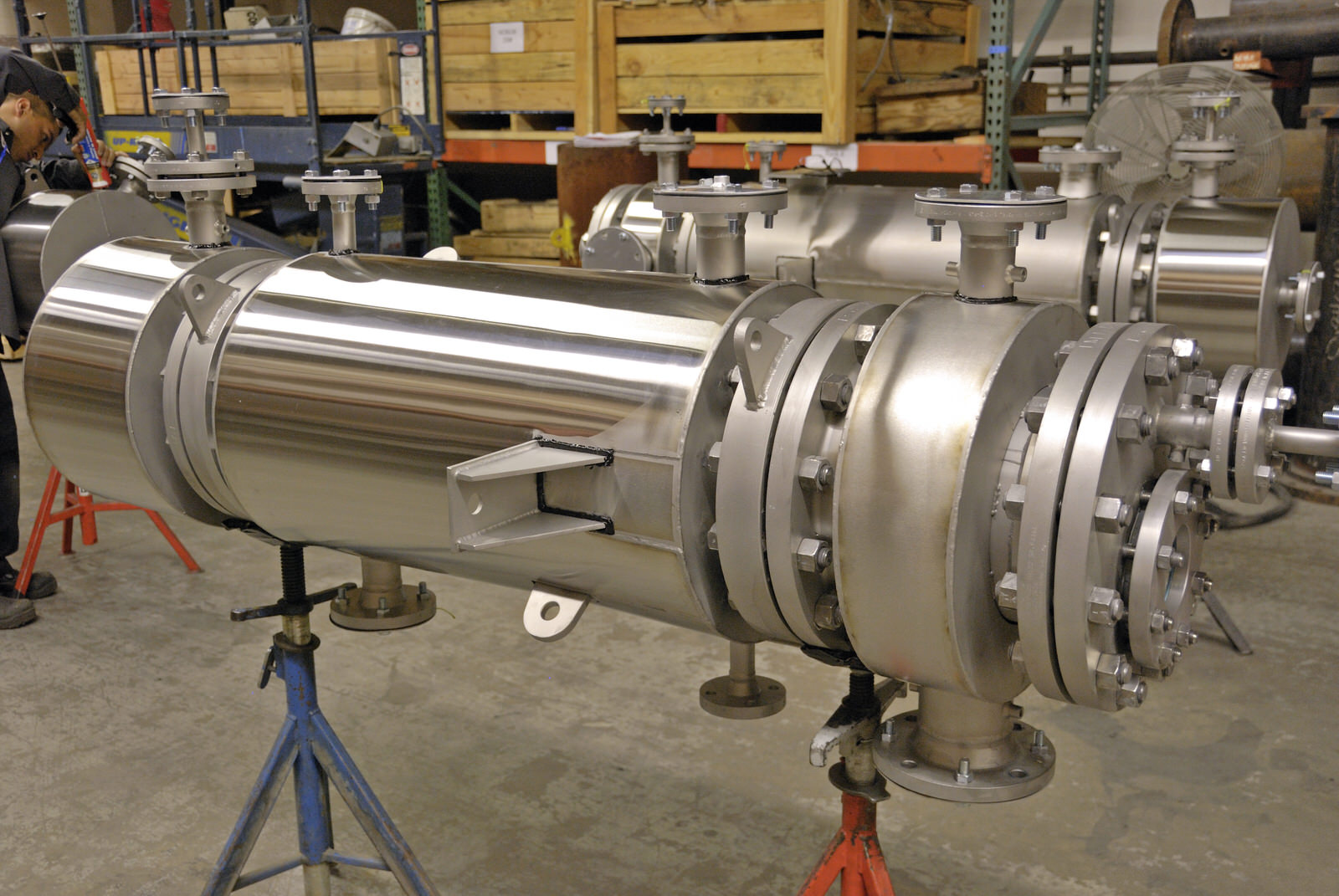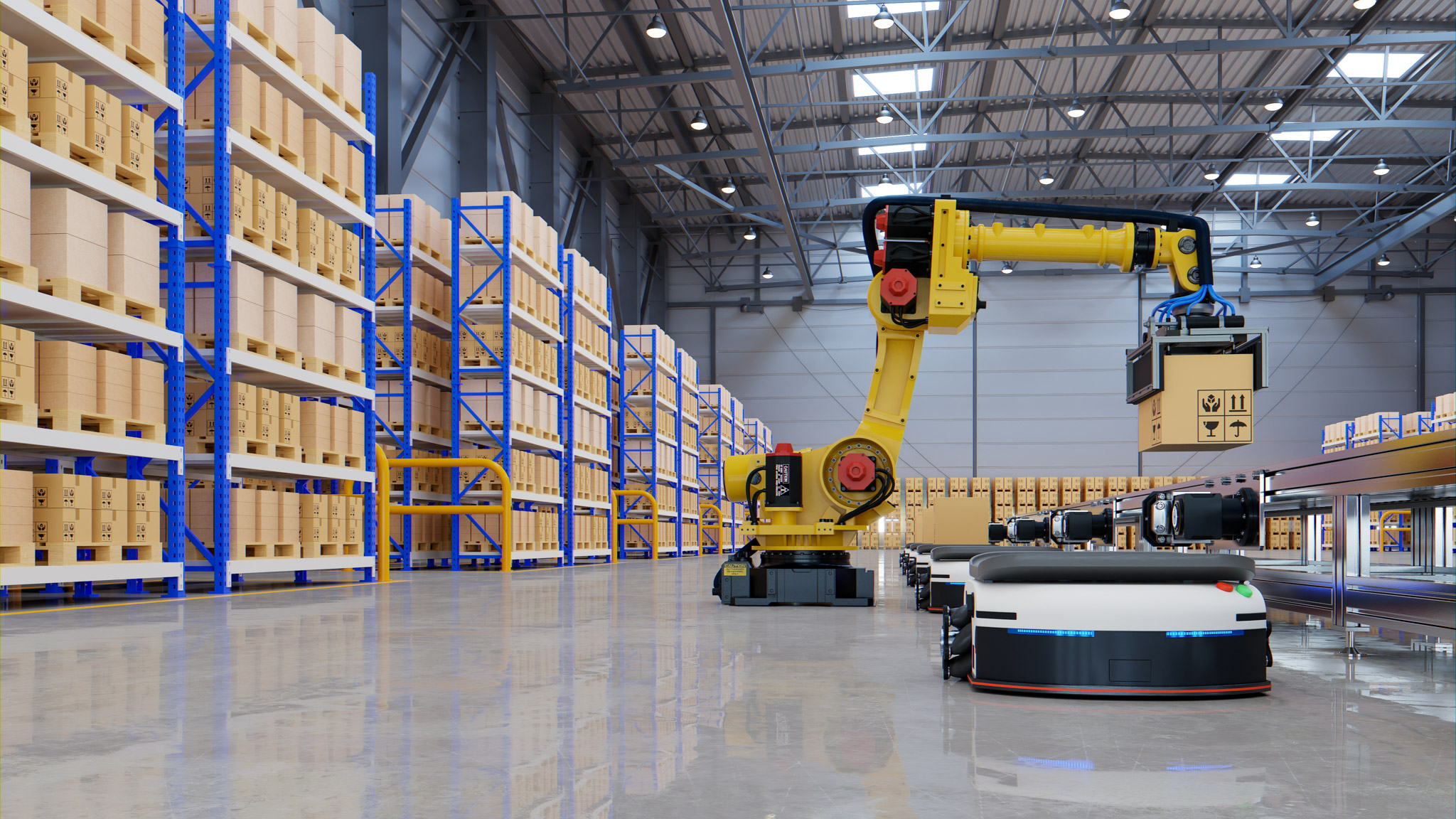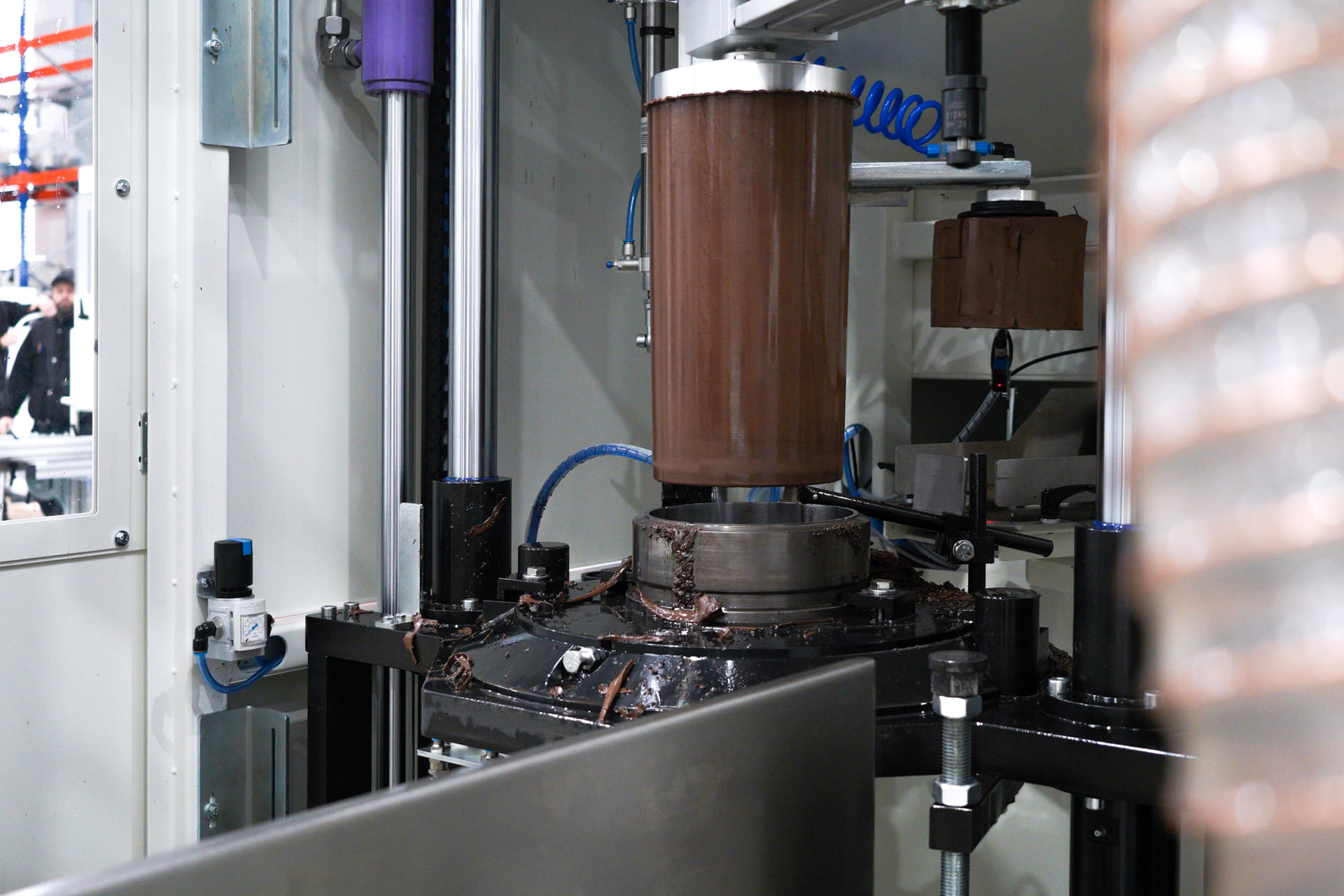Innovations in Compact and Modular Heat Exchanger Designs: A Deep Dive into the Middle East Heat Exchangers Market

Strong 8k brings an ultra-HD IPTV experience to your living room and your pocket.
The Middle East region, known for its vast oil reserves and rapidly advancing industries, is undergoing significant transformations in the energy, manufacturing, and infrastructure sectors. As these sectors expand, the demand for heat exchangers, which play a crucial role in efficient heat transfer processes, is increasing. In this article, we will explore the Middle East Heat Exchangers Market, with a special focus on innovations in compact and modular heat exchanger designs, and how these advancements are reshaping the industry.
Overview of the Middle East Heat Exchangers Market
The heat exchangers market in the Middle East is driven by the ever-growing need for energy-efficient solutions across several industries, including oil and gas, power generation, chemical, HVAC, and desalination. Heat exchangers are essential devices that enable the transfer of thermal energy between fluids, ensuring that systems operate efficiently. As the region continues to invest heavily in infrastructure development, the demand for these vital components is projected to grow significantly in the coming years.
The Middle East's energy-driven economy, particularly the oil and gas industry, remains one of the largest consumers of heat exchangers. However, the rise in industrial activities, construction projects, and manufacturing processes in countries like Saudi Arabia, UAE, Qatar, and Kuwait has further fueled market growth. With the region's focus on reducing energy consumption and minimizing carbon footprints, advanced heat exchanger designs have become a key area of innovation.
Key Drivers of the Market
Several factors contribute to the rapid expansion of the heat exchanger market in the Middle East:
1. Rising Energy Efficiency Demands: As countries in the Middle East aim to diversify their energy sources and reduce dependency on fossil fuels, the need for more efficient energy systems has surged. Heat exchangers help reduce energy wastage in a variety of applications, contributing to the region’s broader sustainability goals.
2. Oil and Gas Industry Growth: The oil and gas sector remains a major player in the Middle East economy, and heat exchangers are integral to refining processes, cooling systems, and enhanced oil recovery techniques.
3. Increasing Industrialization: Rapid urbanization and industrialization in countries like the UAE and Saudi Arabia have led to a surge in demand for heat exchangers for applications ranging from petrochemical plants to power stations.
4. Desalination Projects: As water scarcity continues to be a pressing issue in the Middle East, desalination plants are being developed at a fast pace. Heat exchangers are essential in these facilities, especially in the distillation and reverse osmosis processes.
5. Technological Advancements: Innovations in heat exchanger designs, particularly compact and modular solutions, have further spurred the market. These innovations provide better thermal efficiency and space utilization, catering to the increasing demand for smaller and more efficient units.
Innovations in Compact and Modular Heat Exchanger Designs
Compact Heat Exchangers
Compact heat exchangers are designed to have a smaller footprint while maintaining or improving thermal performance. These types of heat exchangers are increasingly favored in industries where space is limited, and efficiency is paramount. The advancements in compact designs are primarily driven by the need for more energy-efficient systems that can perform in confined environments.
Key innovations in compact heat exchangers include:
• Microchannel Heat Exchangers: These heat exchangers use a series of small, parallel channels to transfer heat between fluids. Their design allows for greater surface area within a compact space, increasing the heat transfer rate while reducing the overall size of the unit. Microchannel technology is becoming popular in applications like HVAC systems, air conditioning, and refrigeration.
• Plate Heat Exchangers (PHEs): PHEs are a highly efficient type of compact heat exchanger, featuring a stack of thin, corrugated plates that create flow channels for heat transfer. Their design offers significant thermal efficiency in a relatively small footprint, making them ideal for high-pressure applications such as chemical processing, oil and gas, and power generation.
• High-Efficiency Fin-Tube Heat Exchangers: The combination of fins and tubes in compact heat exchangers enhances heat transfer efficiency by increasing the surface area. The incorporation of advanced materials like copper alloys and aluminum helps to optimize thermal conductivity while keeping the design compact.
Modular Heat Exchangers
Modular heat exchangers are designed to be customizable, offering flexibility in terms of capacity and design. These systems consist of multiple interconnected modules that can be scaled up or down depending on the requirements of a specific application. This flexibility has made modular heat exchangers a popular choice in the Middle East, especially for large-scale industrial applications such as power plants, refineries, and desalination plants.
Key benefits of modular heat exchangers include:
• Scalability: Modular heat exchangers allow for easy expansion. When additional capacity is needed, new modules can be added without major overhauls to the system, making them ideal for industries experiencing growth or fluctuating demand.
• Maintenance Flexibility: With modular designs, individual modules can be serviced or replaced without disrupting the entire system. This reduces downtime and ensures continuous operation, which is particularly important in critical industries like oil and gas.
• Improved Customization: Modular heat exchangers can be tailored to meet the specific needs of different industries. Whether it’s for cooling, heating, or energy recovery, the modular design ensures that the heat exchanger system is optimized for the exact requirements of the application.
• Space Efficiency: Modular systems are designed to be space-efficient, allowing for flexible configurations in tight spaces. This is especially beneficial for installations where space constraints are a concern.
Market Trends and Regional Demand
The Middle East heat exchangers market is evolving in response to several key trends:
1. Renewable Energy Integration: As the Middle East transitions toward more sustainable energy sources, the integration of renewable energy systems such as solar and wind power is on the rise. Heat exchangers are being used in these applications for thermal energy storage, cooling, and energy transfer processes, further driving innovation in their design.
2. Green and Sustainable Solutions: Environmental regulations are becoming more stringent, and industries are under increasing pressure to adopt greener solutions. Heat exchangers that reduce energy consumption and minimize emissions are in high demand. Innovations like energy recovery systems and heat pump technologies are gaining traction.
3. Advanced Materials: The development of advanced materials like corrosion-resistant alloys, titanium, and composite materials is enhancing the durability and performance of heat exchangers in harsh environments. This is particularly important in the Middle East, where high temperatures and corrosive elements can shorten the lifespan of conventional heat exchangers.
4. Digitalization and IoT Integration: The incorporation of smart technologies, such as sensors and Internet of Things (IoT) devices, into heat exchangers is allowing for real-time monitoring of performance. This ensures better predictive maintenance, optimization of energy usage, and reduced operational costs.
Challenges and Opportunities
Despite the growth and innovations in the Middle East heat exchangers market, there are some challenges that companies face:
• High Initial Investment: Advanced heat exchanger technologies, such as compact and modular designs, come with higher upfront costs. While these designs offer long-term savings in energy and maintenance, the initial investment can be a deterrent for some companies.
• Maintenance Costs: While modular heat exchangers offer flexibility and reduced downtime, the ongoing maintenance and repair of complex systems can be costly and time-consuming.
• Environmental Impact: Although heat exchangers are designed to improve energy efficiency, the materials used in manufacturing and the energy required to produce them can still have a significant environmental impact. As a result, there is a need for further innovation to make heat exchangers even more sustainable.
However, the opportunities in the Middle East are vast, driven by rapid industrial growth, sustainability goals, and the shift towards more efficient energy systems. Companies that invest in cutting-edge heat exchanger technologies stand to benefit from the growing demand for energy-efficient solutions.
Conclusion
The Middle East heat exchangers market is on a trajectory of rapid growth, driven by the region's energy needs, industrial expansion, and the push toward sustainability. Innovations in compact and modular heat exchanger designs are at the forefront of this transformation, offering solutions that provide greater efficiency, flexibility, and scalability for industries across the region. As companies continue to seek ways to optimize energy consumption and reduce their environmental footprint, the demand for advanced heat exchanger technologies is expected to rise.
In this dynamic and evolving market, the continuous development of compact, modular, and energy-efficient heat exchangers will play a pivotal role in shaping the region's industrial future.
Note: IndiBlogHub features both user-submitted and editorial content. We do not verify third-party contributions. Read our Disclaimer and Privacy Policyfor details.







